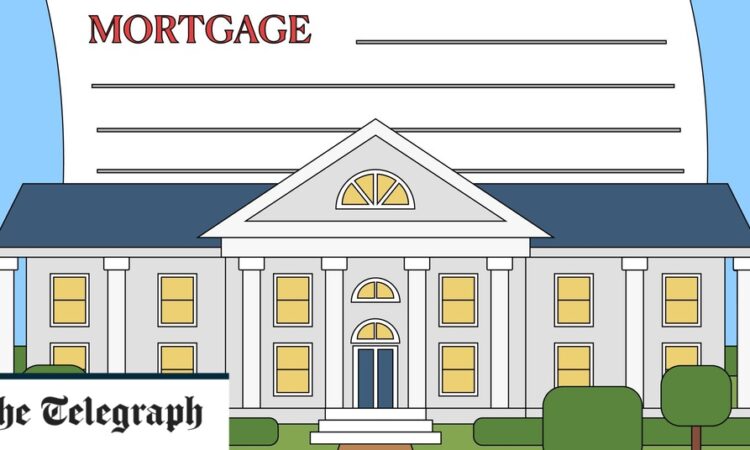
Yet while the super-rich are best placed to beat the mortgage crisis, even the modestly wealthy are finding ways to stay one step ahead.
An offset mortgage, for instance, deducts money in a savings or current account from a mortgage balance, reducing the amount of interest charged each month.
Interest earnt on savings is usually subject to income tax. But with an offset mortgage, because you don’t earn interest in the traditional way – but rather offset your savings against your mortgage balance – you do not pay tax.
“People who have large inflows of cash from asset sales or bonuses who want to reduce their interest burden immediately favour off-set mortgages,” Mr Barnett says. “It can also be tax-efficient.”
Many modestly wealthy clients are also opting for tailored mortgages that combine different products, according to Mr Welch.
“Some go for a third on a tracker, a third on interest-only, a third offset,” he says. “People borrowing above a million have more choice and can create bespoke solutions to mitigate their debt-servicing costs.”
Megan Rimmer, a chartered financial planner at Quilter, says a client of hers chose to pay off part of their mortgage when their fixed-rate deal ended. Faced with significantly higher interest rates, the client paid off enough to ensure that their monthly payments stayed the same. “They had cash, so there were no tax implications from drawing down investments,” she says.
Older, asset-rich homeowners have even more levers to pull.
Another of Mr Welch’s clients, an engineering entrepreneur in his 70s living in the Cotswolds, released £2m in equity from his £4m house after having paid off most of the mortgage.
Mr Welch says: “£1m was invested with a private bank to generate an income to cover interest payments, and the rest went to them to enjoy.”






